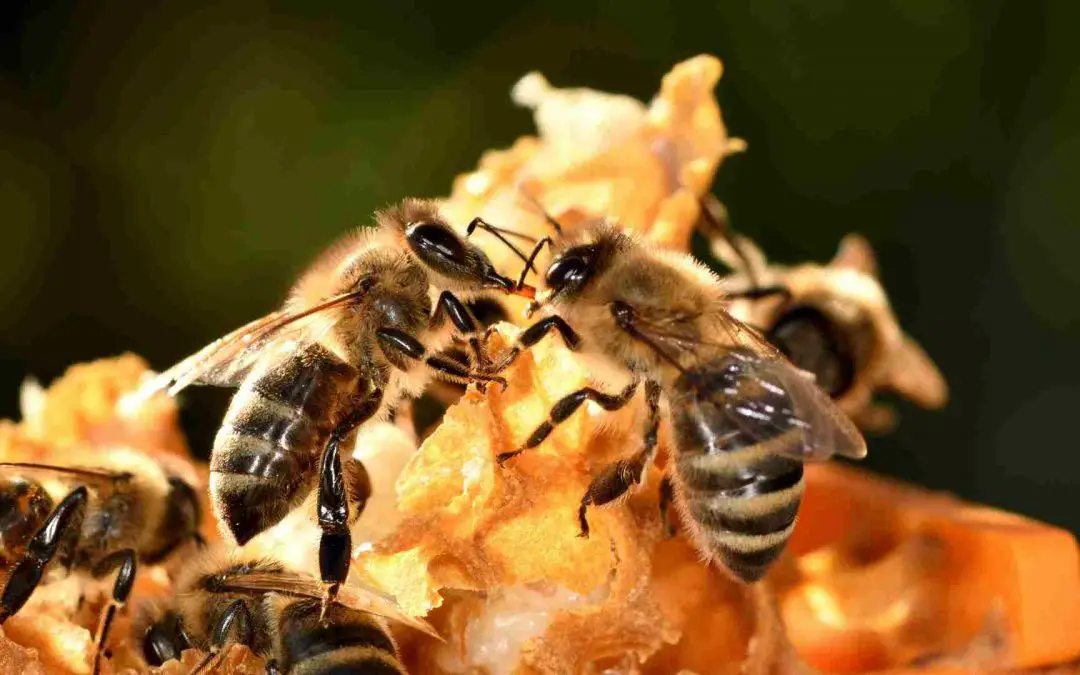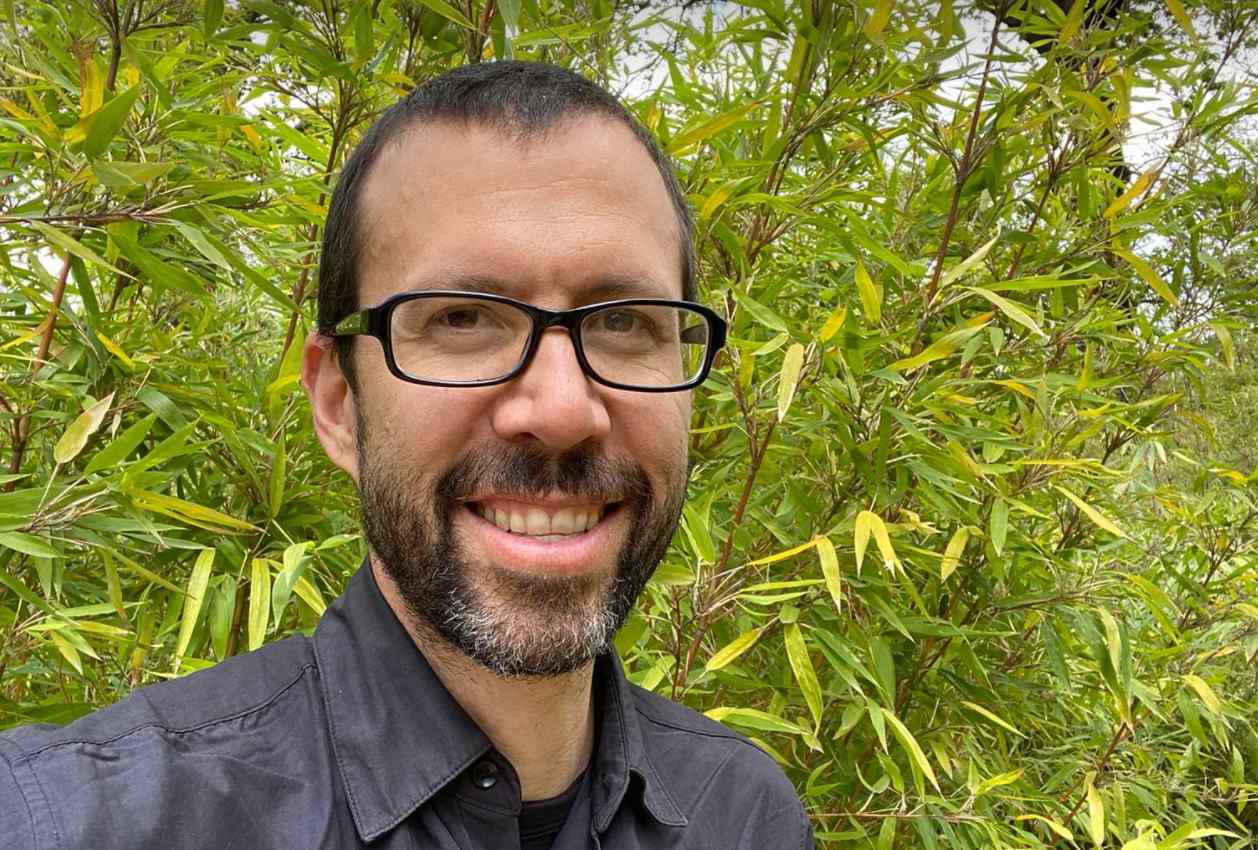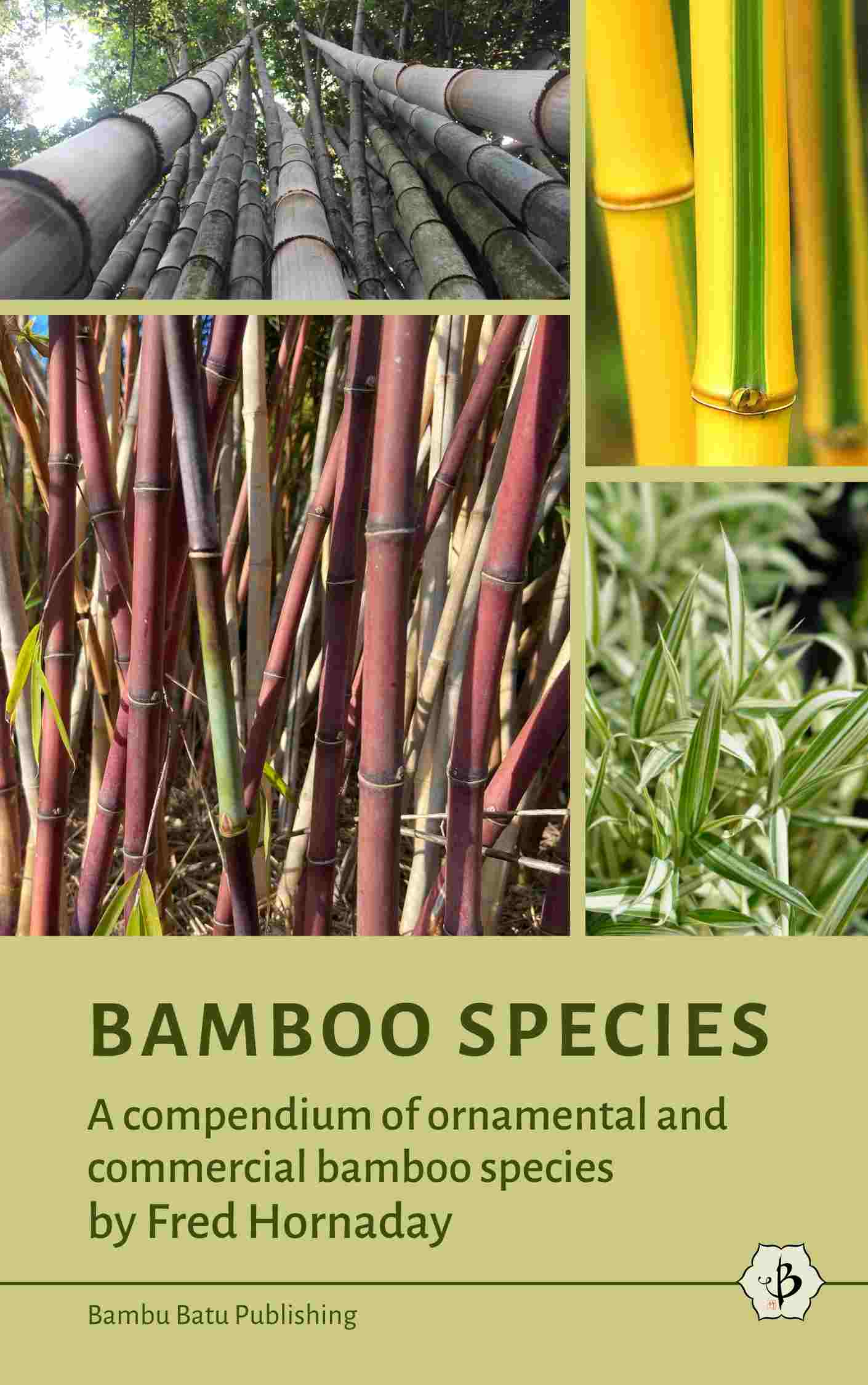Bamboo, how do we love thee? Let me count the ways. If you’ve spent any time on my website, you know I’m quite a fan. But don’t be misled into thinking it’s the only issue I care about. Bamboo is but a single link in the great chain. Its value and importance run through a vast range of issues, including ecological restoration, poverty mitigation, energy production, and so much more.
Bamboo is a massive grass that can make a global impact. But small things also have a critical role to play in a balanced ecosystem. Case and point, the bees. If one has ever stung you, it can be nasty. But without them, our world would be a barren, desolate place. Their importance in the area of agriculture and food production cannot be overstated.
Among the competing catastrophes of rising sea levels, vanishing forests, and infectious disease, the collapse of our honeybee population remains close to the top of my long list of concerns.
As an expert in his field, Arroyo Grande beekeeper David Maislen can explain the bee crisis known as Colony Collapse Disorder far better than I can. David Maislen has been a beekeeper since 1996 and has lived in Arroyo Grande since 2003. So here he is, in his own words.
Beekeeper, David Maislen, in his own words
I’m a beekeeper. I’ve been keeping bees since 1996, first in Southern California and then in Arroyo Grande since we moved here in 2003.
I started losing bees to colony collapse disorder in 2006, lost all of my hives in 2007 and 2008 and have experienced smaller losses in 2009 and 2010. I have carefully read all that I can about colony collapse disorder, followed the research being done worldwide and I think I’m finally getting a practical handle on it.
The light went on when I saw the DVD “Nicotine Bees,” directed by Kevin Hansen. The Bayer Chemical Co., headquartered in Germany, started producing a group of synthetic nicotine-based pesticides called neonicotinoids in 2004. The most popular trade name is imidacloprid.
These pesticides are used to coat seeds when planted in the ground to protect the seeds from insects. They are also used in systemic pesticides and things like Ortho Rose Food. (If you read the fine print, the box lists Bayer Chemical Co. as the source of their systemic pesticide.)
There are many things that bees fight in our environment: diseases, mites, beetles, ants and wax moths. However, the biggest threat to bees is pesticides used by farmers and homeowners alike. They are sold in big box and farm supply stores. People don’t even think about how they will impact the environment, they just don’t want aphids on their roses, insects in their lawns or pests in a field of broccoli or lettuce.
These pesticides have been banned in 26 countries in Europe. They were already banned in six countries when the Environmental Protection Agency approved this class of chemicals for use in the United States. The EPA is not protecting our bees. It is being heavily lobbied by commercial farming interests and pesticide manufacturers making these chemicals.
How did I come to this conclusion, despite scientists not being able to figure out the cause of colony collapse disorder? About three years ago, Jerry Rutiz started selling my honey on his organic farm. He had a need for bees and I placed a hive there. It was doing so well that I added a second hive, and I will soon add a third.

During this same time, I kept losing bees at my apiary. Rutiz farms 60 acres, so the bees have plenty to forage on without going off the property. I only have five acres, so my bees forage as far as three miles away and bring pollen and nectar back to the hive from all around my apiary.
The bees on the Rutiz farm aren’t exposed to anything toxic as long as they stay on his farm. I use no chemicals and am organic in the apiary, but can’t control what goes on around my property.
Scientific research has shown that very small amounts of pesticides will kill larvae when they are fed pollen that has come from a systemically treated plant. There is no doubt that these nicotine-based pesticides are deadly to bees.
It seems pretty clear to me that colony collapse disorder is primarily caused by nicotine-based pesticides being brought back to the hive. Since bees are responsible for the production of one-third of what we eat, we need to be better protectors of them.
Each of us can avoid using pesticides, especially ones that include nicotine-based chemicals. Read the label before you buy. Write the EPA and your Congress members. If we don’t take a more responsible attitude toward what pesticides we use, we’ll wonder where the food went when all of the bees are gone.
Visit www.nrdc.org/action and see what you can do.
Bamboo and Colony Collapse
Bamboo isn’t the first thing you think of when we talk about honeybees and Colony Collapse. Flowering trees, like fruits and nuts, are more closely connected. But as a bamboo ambassador, I find connections everywhere.
Bamboo may not depend on bees for pollination, but this resilient grass does have the capacity to clean the air, the soil and the water. Growing easily without pesticides, bamboo’s tenacious and fibrous roots manage to filter the water and even leach toxic pollutants out of the ground. At the same time, the fallen leaves from bamboo provide a beneficial mulch, which helps the roots retain moisture and gradually breaks down and contributes to healthier topsoil.
Planting bamboo won’t save us from Colony Collapse overnight, but it’s a positive step in the right direction. Ultimately, a healthier ecosystem with fewer chemicals will be a more inviting place for bees to build hives and gather honey. And that’s how recovery begins.
Keep reading, keep busy
If you enjoyed this first-person account of Colony Collapse Disorder from beekeeper David Maislen, you might also enjoy some of these other articles from Bambu Batu.




















